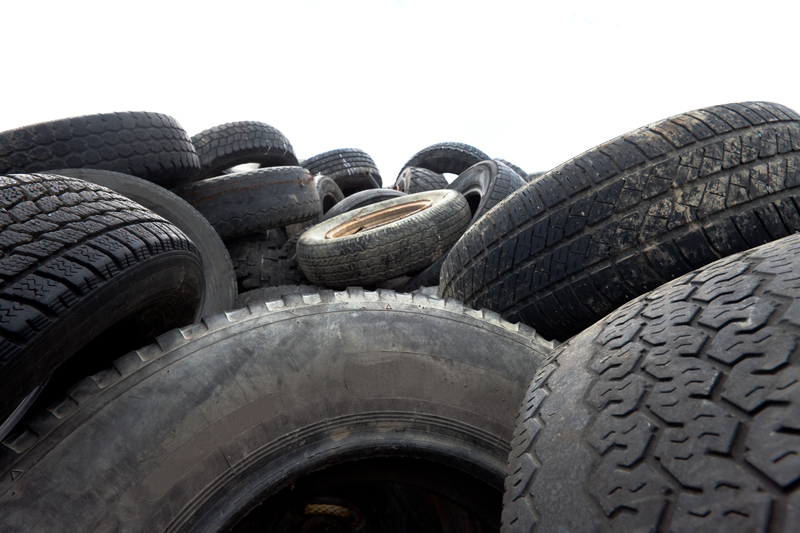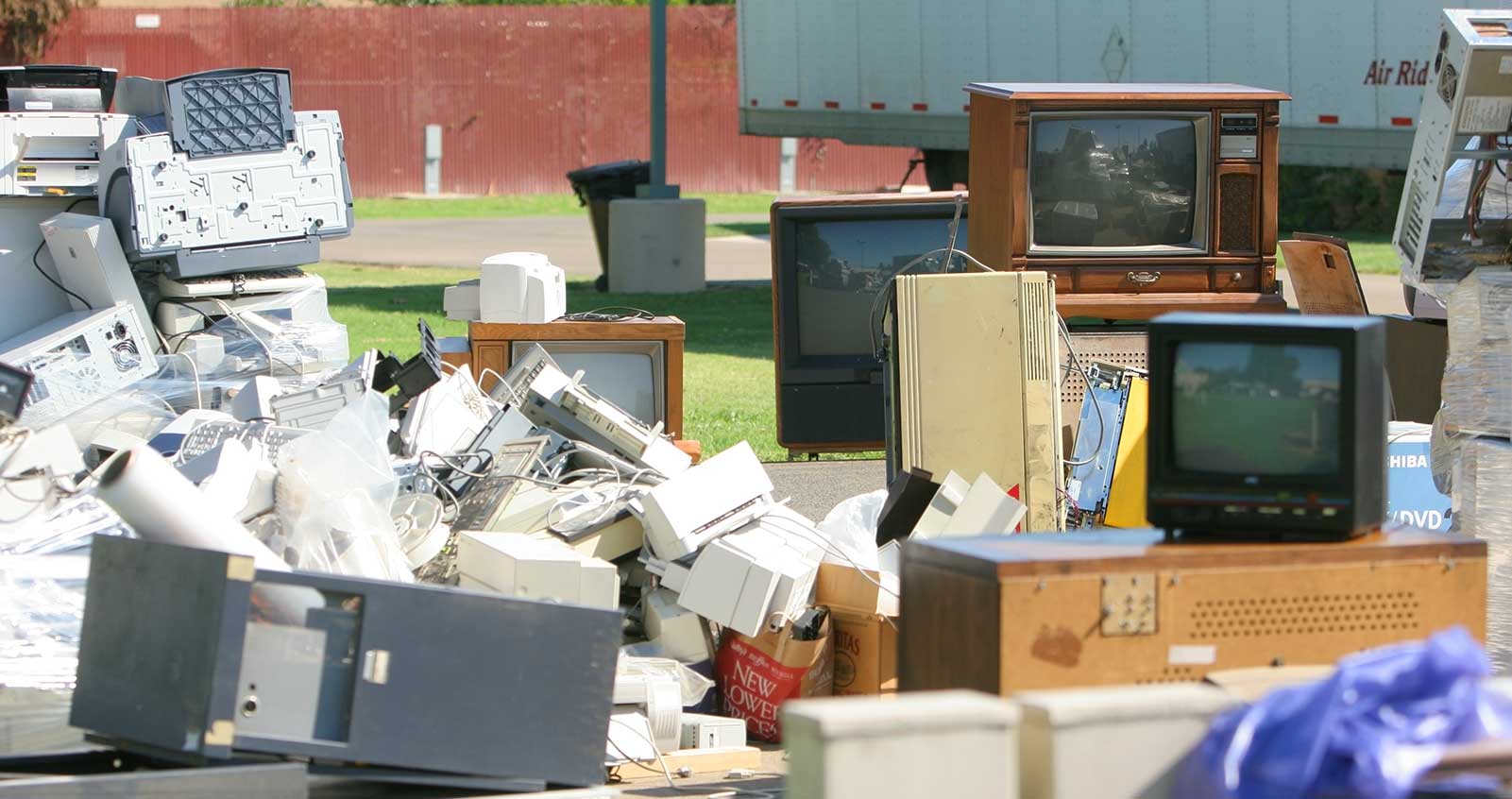Knowing Your Options for Dealing with Non-Decaying Yard Waste
Posted on 24/09/2024
When it comes to maintaining a beautiful and healthy yard, dealing with non-decaying yard waste can often be a challenge. From fallen leaves and branches to grass clippings and tree trimmings, the accumulation of non-decaying yard waste can not only make your lawn look unsightly but also create potential hazards. However, with some knowledge and planning, you can effectively deal with this type of yard waste in an environmentally-friendly manner.
In this article, we will discuss the various options available for managing non-decaying yard waste and their pros and cons. We will also provide you with some helpful tips and key takeaways to make the process easy and efficient.
Methods for Dealing with Non-Decaying Yard Waste:
1. Composting
Composting is an excellent solution for dealing with non-decaying yard waste while also adding valuable nutrients back into your soil. This method involves collecting all non-decaying yard waste such as leaves, grass clippings, and branches, and allowing them to decompose over time. The end result is a nutrient-rich compost that can be used as fertilizer for your garden or lawn.
Pros:
- Reduces the amount of non-decaying yard waste going to landfills
- Provides free fertilizer for your plants
- Easy to maintain
Cons:
- Can take several months or even a year for the compost to fully mature
- Requires regular turning and monitoring of the compost pile
- Not suitable for large quantities of yard waste
Tips: To speed up the composting process, add nitrogen-rich materials such as grass clippings or kitchen scraps to balance out the carbon-rich materials like leaves and branches.

2. Mulching
Mulching is another effective way of dealing with non-decaying yard waste. This method involves shredding leaves, twigs, and branches into smaller pieces and then spreading them evenly on your lawn. The shredded material acts as a protective layer, providing moisture and nutrients to the soil and preventing weed growth.
Pros:
- Reduces the need for chemical fertilizers
- Improves soil health
- Saves time and effort compared to bagging and removing yard waste
Cons:
- Requires a mulching mower or shredder
- Can be messy and time-consuming
- May not be suitable for large yards with excessive amounts of yard waste
Tips: Make sure to mow at least once a week during fall to prevent large clumps of leaves from accumulating on your lawn.
3. Curbside Pickup
Many municipalities offer curbside pickup services for non-decaying yard waste. This involves collecting all your yard waste and placing it in designated bags or containers for collection by the local authorities. The collected waste is then taken to composting facilities where it is processed into mulch or compost.
Pros:
- Convenient and hassle-free method
- Suitable for larger quantities of yard waste
- Reduces the amount of yard waste going to landfills
Cons:
- Can be costly in areas without municipal pickup services
- The collected waste may not be used for your personal compost or mulch needs
- Limited pickup schedules may not always align with your yard work schedule
Tips: Check with your local authorities about any restrictions or guidelines for curbside pickup of yard waste.
4. DIY Projects
If you are feeling creative, you can turn your non-decaying yard waste into useful DIY projects. For example, use large branches to create garden borders or build a trellis using smaller twigs. You can also use fallen leaves to make leaf mold, a nutrient-rich soil additive that can improve soil structure and water retention.
Pros:
- Provides a fun and eco-friendly way of dealing with non-decaying yard waste
- Reduces the need for purchasing new materials for DIY projects
- Can be a great way to involve children in gardening activities
Cons:
- Requires creativity and some woodworking skills
- Not suitable for larger quantities of yard waste
- May not be practical for those with time constraints
Tips: Look for inspiration and ideas online or consult with your local garden center for more DIY project ideas using non-decaying yard waste.

Takeaways
Dealing with non-decaying yard waste doesn't have to be a daunting task. There are various methods available, each with its own pros and cons. Composting is ideal for small quantities of yard waste, while mulching and curbside pickup are better options for larger yards. You can also get creative and turn your yard waste into useful DIY projects.
In addition, always make sure to follow local regulations and guidelines when disposing of yard waste to avoid any fines or penalties.
Conclusion
Knowing your options for dealing with non-decaying yard waste is crucial for maintaining a healthy and attractive lawn. Whether you choose to compost, mulch, use curbside pickup, or turn your yard waste into DIY projects, the key is to find a method that works best for your specific needs. By taking proper care of your yard waste, you not only keep your lawn looking beautiful but also contribute towards a healthier environment for all.




